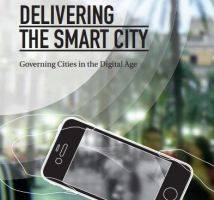January 13, 2015
Nearly two-thirds of over 50s say flexible working is best route to retirement
 Around half of over 50s would like to carry on working part time after 65, while 39 per cent of feel that working part time or flexible hours before stopping work altogether would be the best way to retire. According to new research, one in four over 50s said they would be interested in taking a few months off and then returning to work as an alternative to retirement. Meanwhile 36 percent of retirees say their advice to others would be to consider switching to flexible or part time work for a period first before retiring and 33 per cent of over 70s still working said they did so because they enjoyed it. However the poll also reveals some discrimination, with 23 percent of over 50s believing they are viewed ‘less favourably than younger workers’ and 15 per cent experiencing age-based discrimination in the workplace.
Around half of over 50s would like to carry on working part time after 65, while 39 per cent of feel that working part time or flexible hours before stopping work altogether would be the best way to retire. According to new research, one in four over 50s said they would be interested in taking a few months off and then returning to work as an alternative to retirement. Meanwhile 36 percent of retirees say their advice to others would be to consider switching to flexible or part time work for a period first before retiring and 33 per cent of over 70s still working said they did so because they enjoyed it. However the poll also reveals some discrimination, with 23 percent of over 50s believing they are viewed ‘less favourably than younger workers’ and 15 per cent experiencing age-based discrimination in the workplace.





























December 15, 2014
Wearable tech will change the workplace in unexpected ways
by Mark Eltringham • Comment
More →